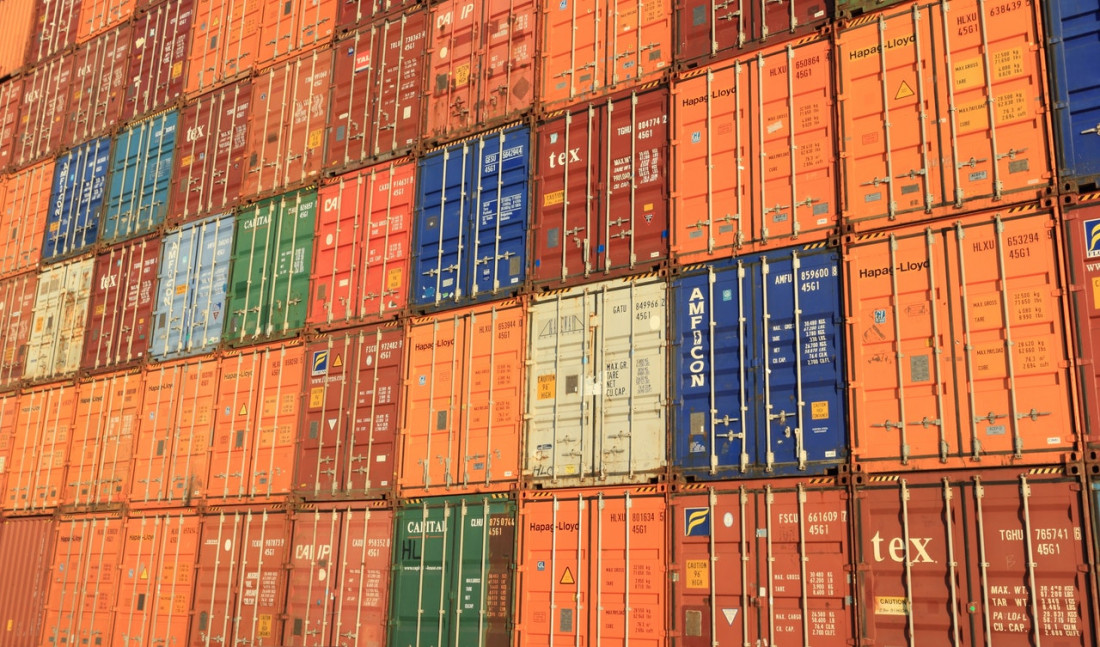1. Get together the right team. You will need a good mix of capable salesmen, technical support for chemicals and someone with know-how or the ability to learn how the paperwork on exports and imports operates.
2. Do you your homework. You can’t just jump in and start trading, as most buyers already have set contracts to purchase (so it’s not just a case of offering the lowest price for a product). Other buyers will have agreed a fixed supply chain with a large multi-national, which can make your chances of cutting in to the business much harder, so choose your market wisely.
With this in mind, many start up traders focus on base chemicals as they have a wider usage, giving you more potential customers.
You can start out in speciality chemicals, but they do require a better understanding of the market and product, they also might need special licensing and paperwork that can be difficult and time consuming to navigate if you are new to the industry.
3. Know your chemicals trading jargon. As Low Jia Wee of Trade Asia International Ltd makes clear, “Be familiar of terminologies like incoterms, payment terms, port of loading and port of discharge. Incoterms include FOB (Freight on Board), CIF (Cost Insurance Freight), and CFR (Cost and Freight). Payment terms include DP (Direct Payment) and TT (Telegraphic Transfer).”
4. Work out your numbers. Profit margins can be small (typically as low as 5%). This makes it important to understand your logistics trail. Effective packing and trade routes are vital to success. That is why as a chemicals trader it is important to constantly consider, TLC (total landed cost).
5. Find the best suppliers. This will involve one (or more) of the following methods;
- Online networking. Take part in one of the numerous trade discussion groups, such as those found on LinkedIn to make contacts and gain an insight into the industry.
- Traditional networking. Attend one of the many conferences that are held by groups such as ICIS (the Independent Chemical Information Service), the Royal Society of Chemistry (RSC) and the American Chemistry Society (ACS). There are also many trade directories with listings of the thousands of potential customers, business partners and competitors to leaf through.
- The lazy/easy way is to use an online chemical marketplace or matching service, that way you can simply browse through the available offers, much like using E-bay. Alternatively, some sites allow you to post a request to buy a certain amount of a product and wait for the sellers to find you. Businesses like these are still relatively new to the chemical trade, but can save you a lot of time and effort, allowing you to search for specific products any time of day from your office or home. The services offered do vary slightly, but some popular sites include panjiva.com, kemcore.com, spotchemi.eu (who sponsor this blog) and of course, Alibaba.
6. Think East. The last decade or two, has seen a seismic shift in where chemicals are sourced and traded, as the traditionally strong European and North American markets have experienced stagnation in recent years.
Increasingly, today’s industry chemicals industry is centred on the Asia-pacific region. You will likely need contacts there if you are to succeed. As Calisto Radithipa, who has more than a decade of experience in trading chemicals and is now co-founder of the chemicals trading business, Kemcore, states, “Consider importing chemicals from China. China is now among the top 3 producers of base chemicals, with production of some chemicals now exclusive to China.”
7. Consider sourcing from multiple producers. By doing this you may be able to mix and blend certain chemicals to create a new product. With a broader product base, it may be possible to branch out into speciality chemicals, but be aware that customers in this sector may require more technical support. So improved product knowledge and understanding of the necessary documentation will be important, if taking this route.
8. Be flexible with your business plan. It can also be useful to have an understanding of risk management techniques, as chemical prices can fluctuate quite wildly. Are you prepared for a drop in a commodity’s price at any time? How will you react if it happens?
Of course, this list is inexhaustible, and you must add to it many basic business strategies. For example, it is important to ensure that your product arrives on time and in place, especially as many contracts impose penalties for failure to provide. Product quality is also an imperative as, like in many other industries, it is a core part of establishing long-term business partnerships.
But when all is said and done, there are a great many reasons to start a business trading in chemicals. In fact, there has probably never been a better time, with some regions (Asia Pacific, the Middle East and South America) on the verge of experiencing incredible growth rates.
On the other hand, it can be an unpredictable business, with large price fluctuations, large amounts of paperwork and small margins. Huge multi-nationals control large sections and the logistics can be a nightmare.
These tips may help you start out on the path to successful trading, but perhaps the final ingredient to a profitable chemicals trading company is a healthy dose of common sense, because without that, no business venture is likely to go far.

